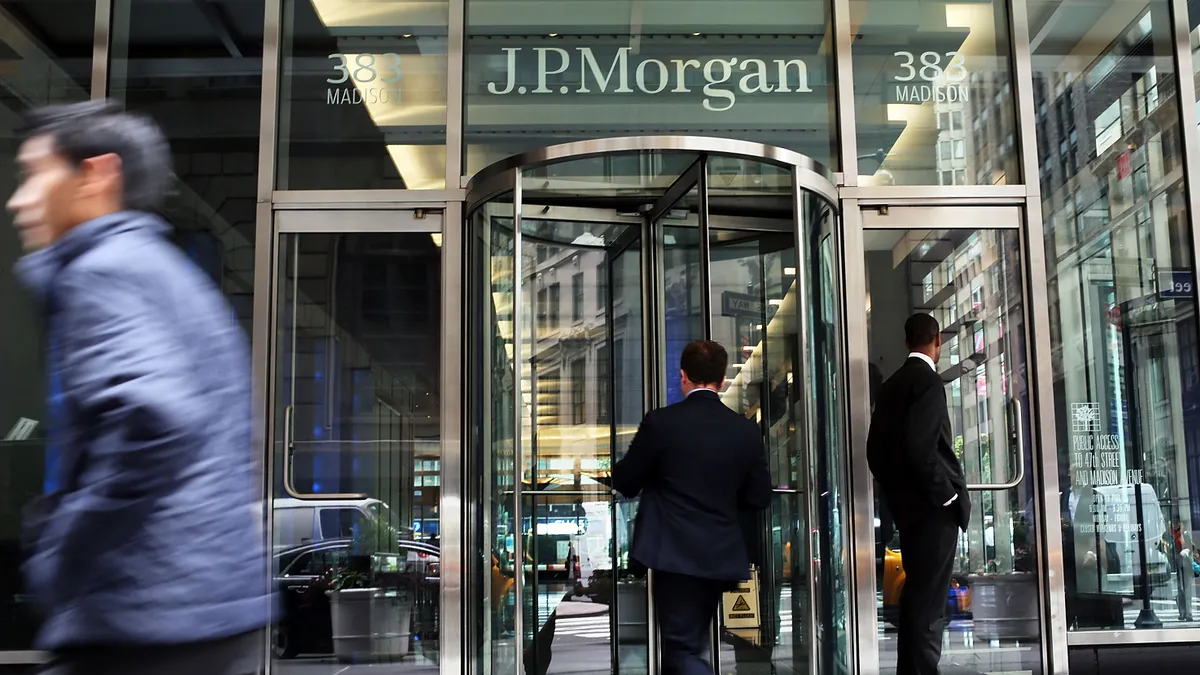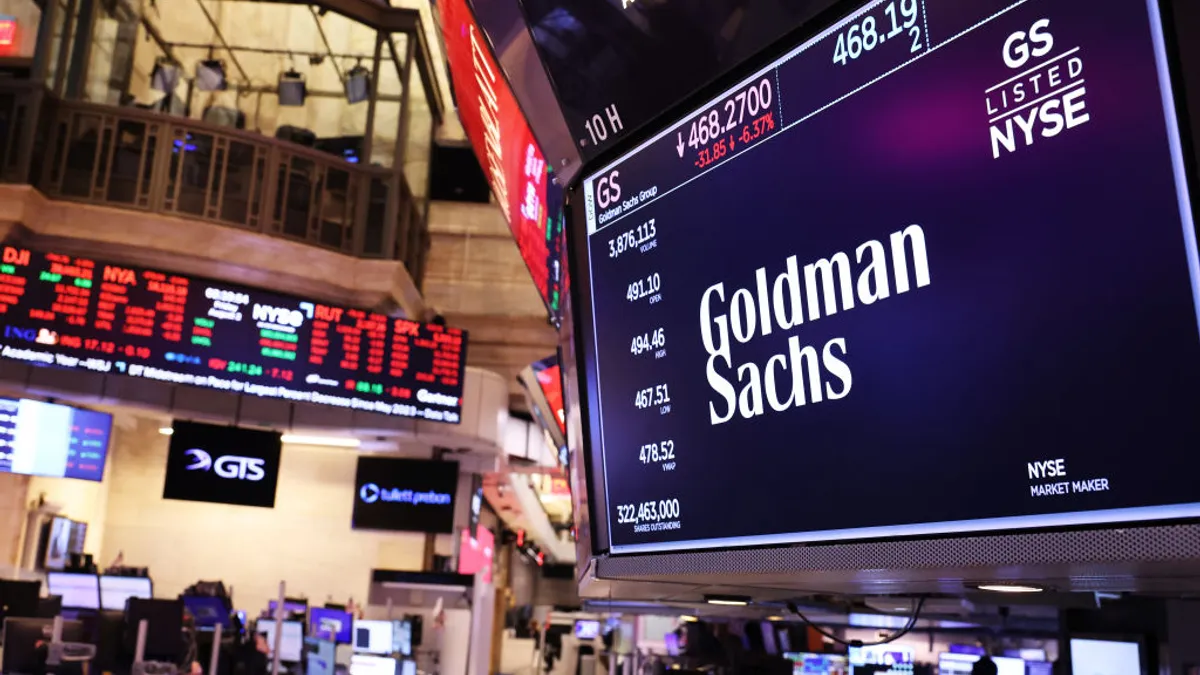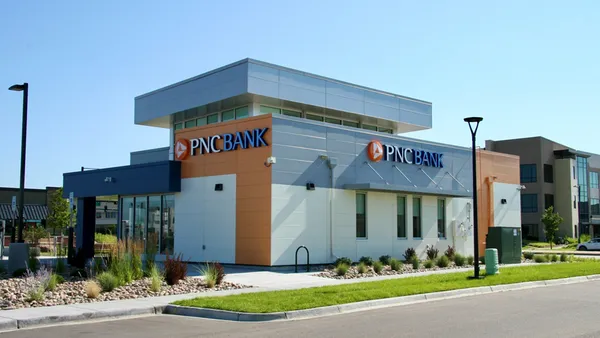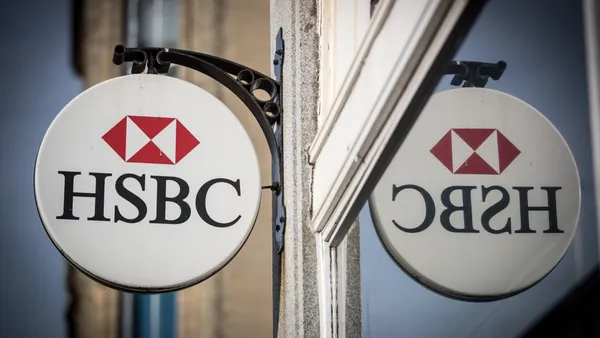JPMorgan Chase on Monday objected to recommendations made by proxy advisory Institutional Shareholder Services that shareholders support proposals to separate the bank’s CEO and board chair roles and gain shareholder approval on severance payouts.
Jamie Dimon occupies both the chair and CEO roles at the nation’s biggest bank, but ISS recommends a measure that would require two separate people occupy the roles. Shareholders are scheduled to vote on the proposals at JPMorgan’s annual general meeting May 21.
The New York City-based lender challenged ISS’s proposal in a regulatory filing Monday, saying “this fails to match the empirical evidence of the last 18 years of leadership by the current chairman and CEO that has seen the firm become the largest U.S. bank.”
JPMorgan plans to split the two roles once Dimon, who has led the bank since 2006, steps down, according to its annual proxy statement.
Dimon has been vocal about what he sees as the excessive influence of proxy advisers such as ISS and Glass Lewis. In the 60-page annual shareholder letter, Dimon shared his thoughts on “the spiraling frivolousness” of annual shareholder meetings, which have turned into a “showcase of grandstanding and competing special interest groups.” He emphasized the importance of meeting with shareholders and investors but encouraged companies to “come up with a far more constructive alternative.”
Proxy advisers initially provided a trove of company data to help their clients vote on proxy matters, but soon began offering advice on how shareholders should vote, Dimon said.
Dimon highlighted that ISS is owned by Deutsche Boerse and Glass Lewis by Canadian private-equity firm Peloton Capital, and questioned whether American corporate governance should be dictated by for-profit international organizations that have their own views.
ISS also backed a proposal that JPMorgan seek shareholder approval when offering senior managers new or renewed pay packages. The lender asked shareholders not to support the proposal, saying the company had not recently faced any severance-related controversies.
The notion to decouple the CEO and chair roles has gained momentum in recent years to bolster companies’ corporate governance. The issue came up at Goldman Sachs’ and Bank of America’s annual shareholder meetings last month.
About 33% of Goldman voters supported the proposal, while 31% of Bank of America voters supported the measure, according to preliminary results. ISS and Glass Lewis backed proposals to split the roles, with the former noting 58% of the biggest U.S. banks had a combined CEO-chair role as of last year — compared with 40% for all S&P 500 companies, Reuters reported.
Both lenders said their lead independent directors ensure robust oversight.
“There is no conclusive evidence demonstrating that an independent Chair ensures superior governance or performance, and Board flexibility to determine the optimal leadership structure continues to be the norm at other large companies,” Bank of America’s board said in the company’s proxy filing.













